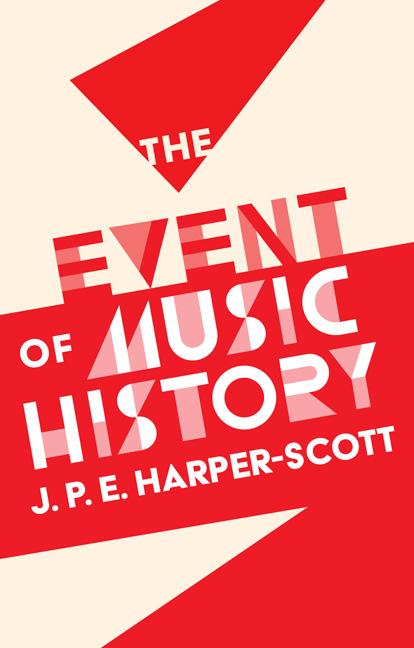Afterword: Beethoven’s Faithful, Reactive, and Obscure Music
Published online by Cambridge University Press: 27 March 2021
Summary
IT IS THE ‘ENDLESS sameness’ of merely empirical data to which Constructionist, reactive music historians, such as Mathew and Rumph, wish to direct us: the bland facticity of the period of the Napoleonic Wars of 1803–15 which overlap with the heroic style as commonly understood. Beethoven's heroic style, in words such as ‘Kreutzer’ and ‘Eroica’, has a subjective alignment, as part of the body which forms the faithful subject, with the Jacobins whom it postdates by a decade, but the links are not fundamentally empirical in nature. Some empirical connexions certainly do exist, as for instance the melodic gestures Beethoven inherited in a direct line from Revolutionary musicians. But it is not those gestures which constitute the revolution in this music, and it is for that reason that the foregoing analysis has said so little about them. Not in their empirical ‘sound’ (the saleable object that exercises such interest to neoliberal ‘sound studies’) but in its processes of argumentative generation – or to put it another way, in the content rather than in the form – do we find the ‘meaning’ of these works. These works attempt to establish in music a new possibility that is characterized not by something newly fixed – such as an abandonment of Tonic–Dominant polarity and its replacement by something else (or nothing) as the prime ordering principle of tonality – but by a determinate negation of the restrictive ideological laws of really existing musical forms. Their composer, their genre, their high aesthetic register, and the country in which they were written, are among the long list of empirical irrelevancies to an evental history. The exigent questions for evental history is never ‘Who wrote this?’, or ‘What genre is it in?’, but always ‘What is the subject of this music?’, and ‘What role does this music play in producing a present in a past moment?’
The pseudo-Beethoven of the Reconstructionist school, the composer whose reactive ‘Eroica’ means what Wellingtons Sieg outwardly shows, fits revolutionary propositions to conservative custom, in a reactive subjective response on the model of the Thermidoreans. Such Beethovenian music could and does exist, and Wellingtons Sieg may be an example of it.
- Type
- Chapter
- Information
- The Event of Music History , pp. 209 - 214Publisher: Boydell & BrewerPrint publication year: 2021

